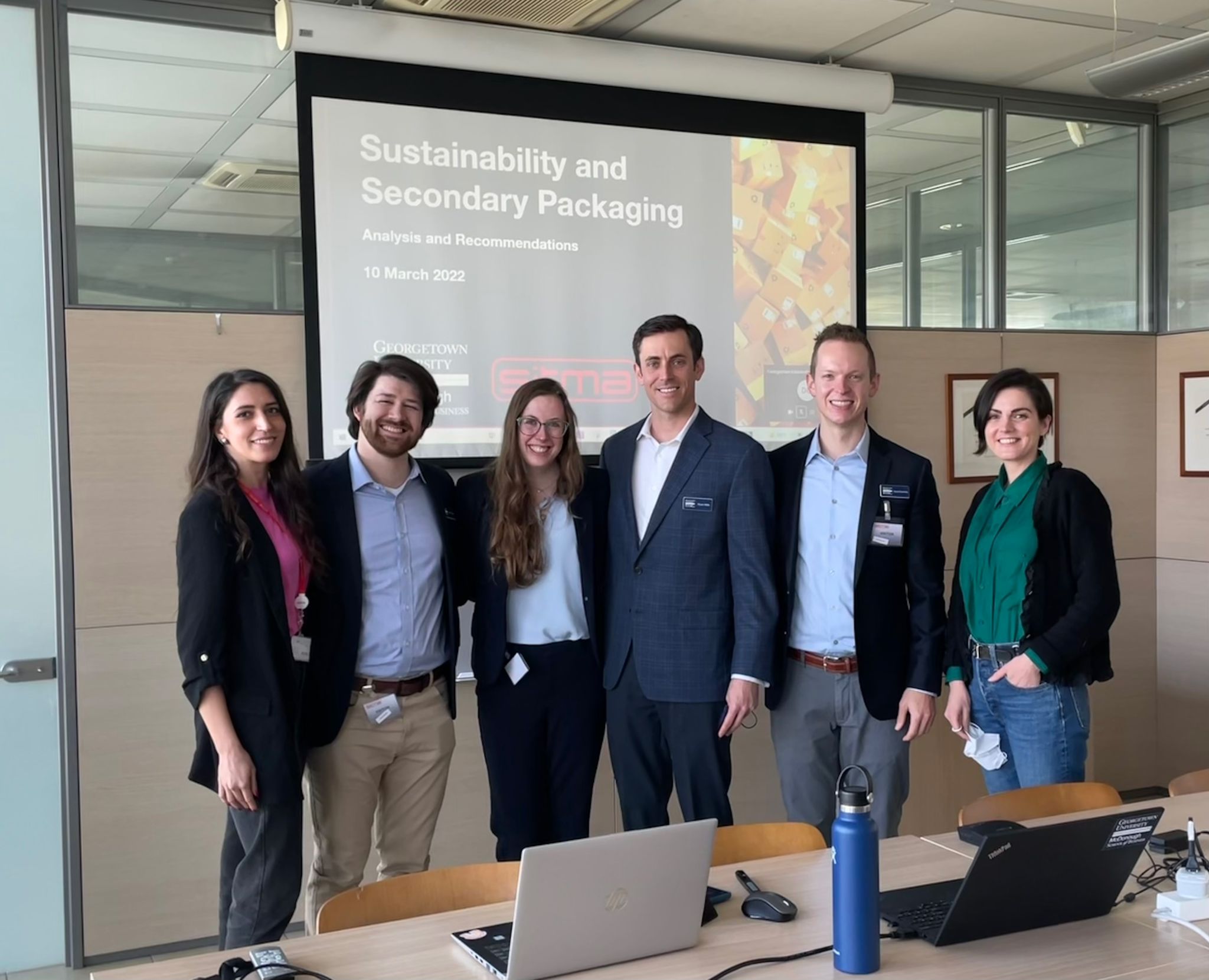Samsara Inc., a pioneer of the Connected Operations Cloud, has published its inaugural Environmental, Social, and Governance (ESG) report titled Building a Safer and More Sustainable World. Samsara’s report details its progress to date and the principles that will guide the company’s ESG commitments, including transparency and accountability, data-driven solutions, and empowering its people and communities.
Samsara’s ESG report describes how Samsara governs and operates the company with integrity and ethics, and how it supports, empowers, and keeps employees safe. It shares how Samsara measures the environmental impact of its own operations, and the impact its Connected Operations Cloud is having on the safety, efficiency, and sustainability of its customers’ operations.
“Our customers are vitally important to the global economy, and even small shifts in their operations can dramatically reduce their environmental impact and improve the lives of employees,” said Sanjit Biswas, co-founder and CEO of Samsara. “Everything we do is in support of the people serving the world. Building technology-based solutions that make the world’s operations safer and more sustainable is one of the most important things we can do for society.”
Key highlights from the ESG report include:
Transforming customer operations: With Samsara, customers have reduced safety incidents, saved hundreds of thousands of gallons in fuel, and reduced their emissions through improved fuel efficiency and vehicle electrification. In a recent survey of customers, 90% agreed that Samsara has helped improve employee safety within their organization. In the last fiscal year alone, approximately 240 million cumulative hybrid and electric miles were logged on Samsara’s Connected Operations Cloud.
Commitment to carbon neutrality: Samsara has committed to staying carbon neutral. Over two years ago, the company started tracking its carbon footprint and made investments to remove and offset emissions to achieve carbon neutrality. Samsara invested in several innovative carbon offset projects to help ensure that its customers can immediately rely on a carbon-neutral Connected Operations Cloud to help better meet their sustainability goals.
Sustainable operations and a net-zero carbon footprint by 2040: Samsara’s long-term goal is to reach net-zero for its Scope 1, 2, and 3 emissions by 2040. To reach that goal, the company has committed to set near- and long-term company-wide emission reductions in line with the Science Based Targets initiative (SBTi). Samsara’s upcoming new headquarters will be the first cross-laminated timber (CLT) building in San Francisco, and the first multi-story CLT building in California. CLT structural panels offer dimensional stability that is superior to conventional framing, with a significantly smaller carbon footprint. The building has been awarded LEED Gold certification, and all improvements made by Samsara will meet LEED Gold standards or higher.
Supporting and empowering employees: Samsara offers a wide range of programmes to support its employees and ensure they have a safe and healthy work environment, as well as avenues to serve their communities. Samsara’s employee resource groups empower diverse communities within the company and provide a venue to develop new ideas with unique perspectives. In 2021, Samsara published its inaugural Diversity, Equity, and Inclusion (DEI) report and will continue bringing a diversity of skills, backgrounds, and perspectives to the company. In addition, the Samsara for Good program matches employee cash donations to non-profit organizations to support the broader community.
Upholding strong and sound corporate governance: Samsara structures its Board of Directors and supporting committees to ensure ethical decision making and clear accountability. Samsara is committed to responsible innovation and applies its guiding principles to its decision-making processes and product development. The company reviews and discusses sustainability, ethics, and privacy issues in light of broader changes to technology and society, and fosters informed discussion across stakeholders.
“Improving sustainability, making a positive social impact, and running our company with integrity will continue to guide our path forward,” said Adam Eltoukhy, general counsel of Samsara. “This year’s ESG report marks our next step in transparency, and puts a stake in the ground on our journey to build a safer and more sustainable world.”
Samsara has a growing opportunity to support ESG progress for physical operations companies, as its solutions further the safety and sustainability of their operations. Samsara customers span mission-critical industries, including transportation, wholesale and retail trade, construction, field services, logistics, utilities and energy, government, healthcare, education, manufacturing, food and beverage, and more.
The ESG report can be found at www.samsara.com/company/esg.











